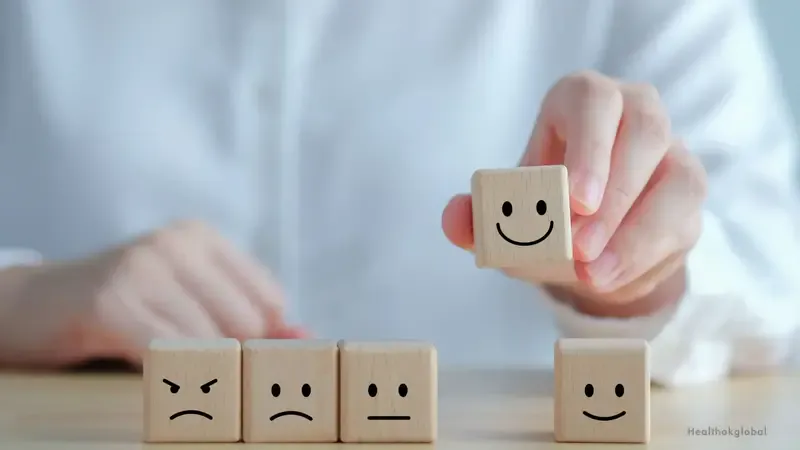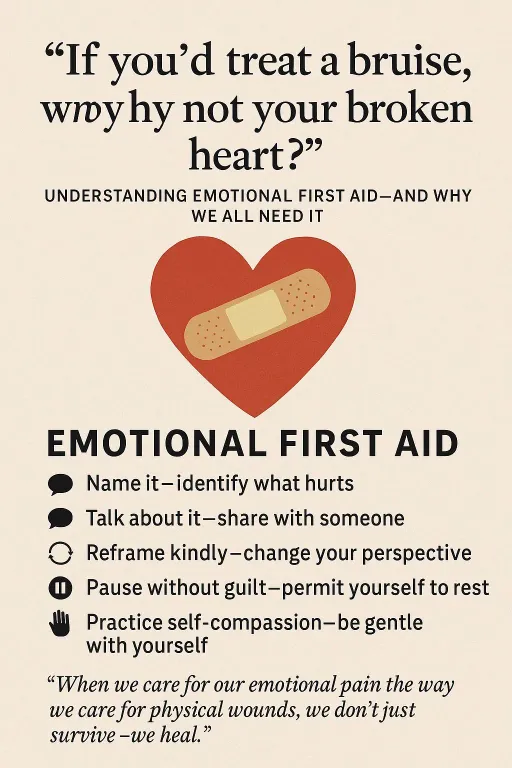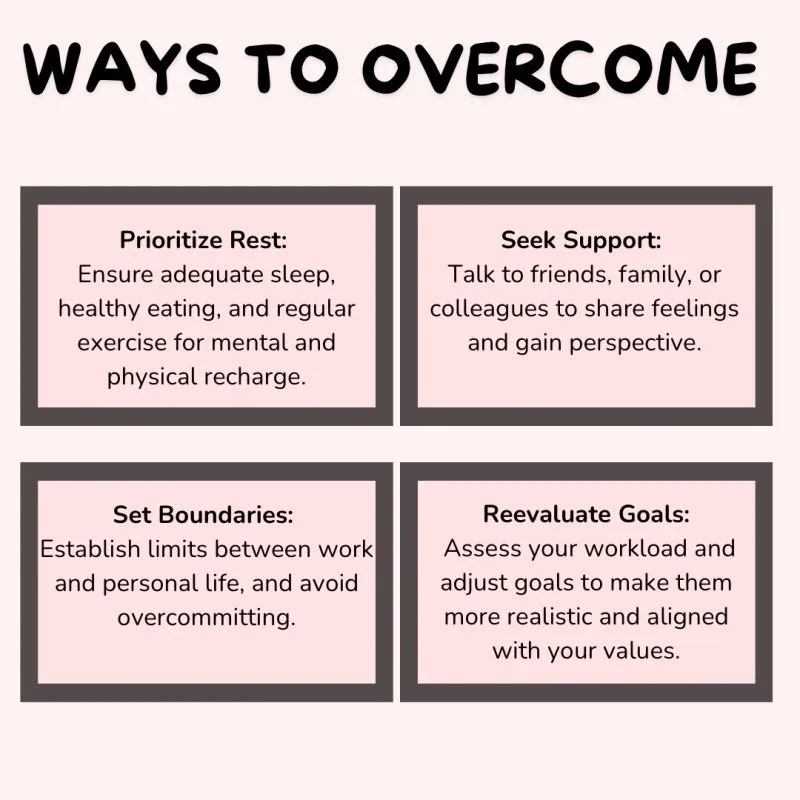Research suggests that consistently suppressing negative emotions can lead to increased stress, anxiety, and depression, with emotional suppression creating internal conflict as the brain struggles to process unacknowledged feelings
58% of adolescents report they always or usually receive social and emotional support, with 20% of adolescents ages 12-17 reported having unmet mental health care needs
Saying 'I'm not okay' can be one of the hardest things to admit—yet it's also one of the most powerful steps toward healing. Here's why it's difficult and why it matters.
Why It's So Hard to Say It Out Loud
When We Hold It All In
Struggling Doesn’t Mean You’re Weak
You Don’t Need to Explain It All Perfectly
It might sound like:
One Small Step Toward Relief
You Deserve a Space to Be Heard
Many people feel shame, fear of judgment, or pressure to appear strong. Admitting you're struggling can feel vulnerable—even though it's a sign of emotional strength.
Bottling emotions can lead to stress, anxiety, burnout, physical symptoms, or feeling disconnected from yourself and others.
Start with someone you trust. You don’t need perfect words—just honest ones. Even small steps like journaling or talking to a trained listener can help.





